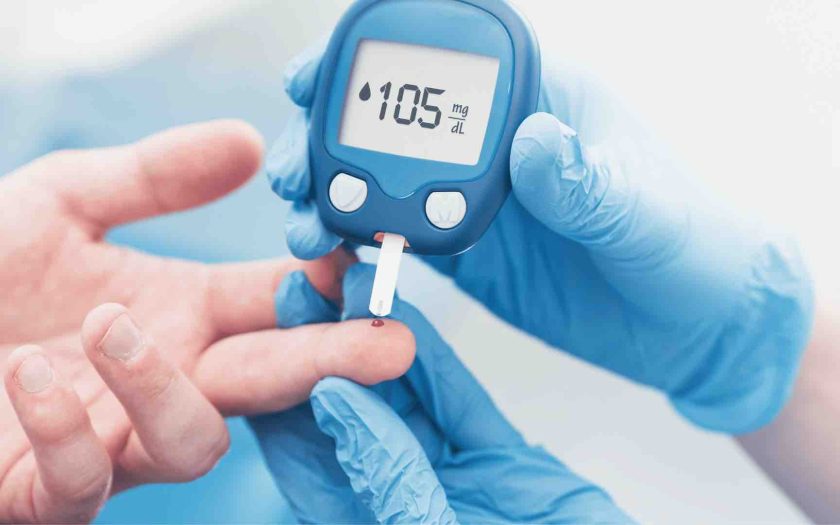Decreased Stamina.
Decreased stamina in this condition can be caused by several factors. Firstly, reduced insulin sensitivity leads to a decrease in endurance, causing weakness and difficulty performing everyday tasks. Secondly, fluctuations in certain indicators that occur during this disease complicate the delivery of nutrients to tissues. As a result, you may feel that you don’t have as much strength as before, and your endurance has significantly decreased. Moreover, high blood sugar levels are a stress for your body, which negatively impacts muscles and reduces their ability to engage in physical activity. To improve stamina, try to follow all the recommendations prescribed by your doctor and engage in activities like swimming and yoga.
Brittle nails.
Kidney function complications in diabetes are one of the causes of the depletion of essential vitamins and minerals in the body. Additionally, nerve damage caused a diabetic neuropathy affect the condition of the nails. To combat nail brittleness, it is important to control blood sugar levels, provide the body with the necessary nutrients, and regularly use moisturizing nail care products. For example, coconut, olive, or argan oils are excellent for nourishing nails. You can also apply calcium or keratin nail polishes that strengthen nails.
Weakness in the hands.
This disease can lead to damage to the blood vessels, which results in reduced strength in the arms, and as a consequence, you may feel that you are unable to perform the tasks you used to do. Therefore, it’s important to pay attention to maintaining the health of all systems in the body. Try to find types of sports that won’t cause discomfort during exercise but will strengthen muscles and reduce the feeling of weakness in your hands. It’s also crucial to follow a proper diet, take prescribed medications (for example Metformin, Amaryl), and go for massages and physiotherapy.
Changes in eating habits.
This is the first thing a person faces upon being diagnosed with this condition. Therefore, it is important to consult with a doctor regarding the list of foods that will be beneficial for your condition. These may include foods like green apples, avocados, pumpkin seeds, and others that can diversify your diet. The key is to learn how to combine them properly. Additionally, it’s important not to gain extra weight, as this would worsen your condition. As you consciously search for foods that won’t harm you, over time, you will develop new eating habits, and it will become easier to refuse sweets and other unhealthy foods. It’s important to give yourself time, and gradually your body will adjust to the new diet.
Mood Swings Without Obvious Reasons.
Mood changes can occur when blood sugar levels fluctuate too frequently from high to low, which ultimately affects your mood. In such cases, a person may experience excessive anxiety or, conversely, an unusual and sudden improvement in mood. Moreover, when diabetes affects the nervous system, it also impacts how you feel and the mood with which you start your day. Therefore, it is important to monitor all your health indicators and engage in practices that help you stay emotionally stable. Find meditation practices that calm you and help you manage emotional outbursts. Don’t forget to walk more and visit parks with plenty of greenery and trees. Such walks in nature promote physical activity, which positively impacts the heart, muscles, and nervous system.

